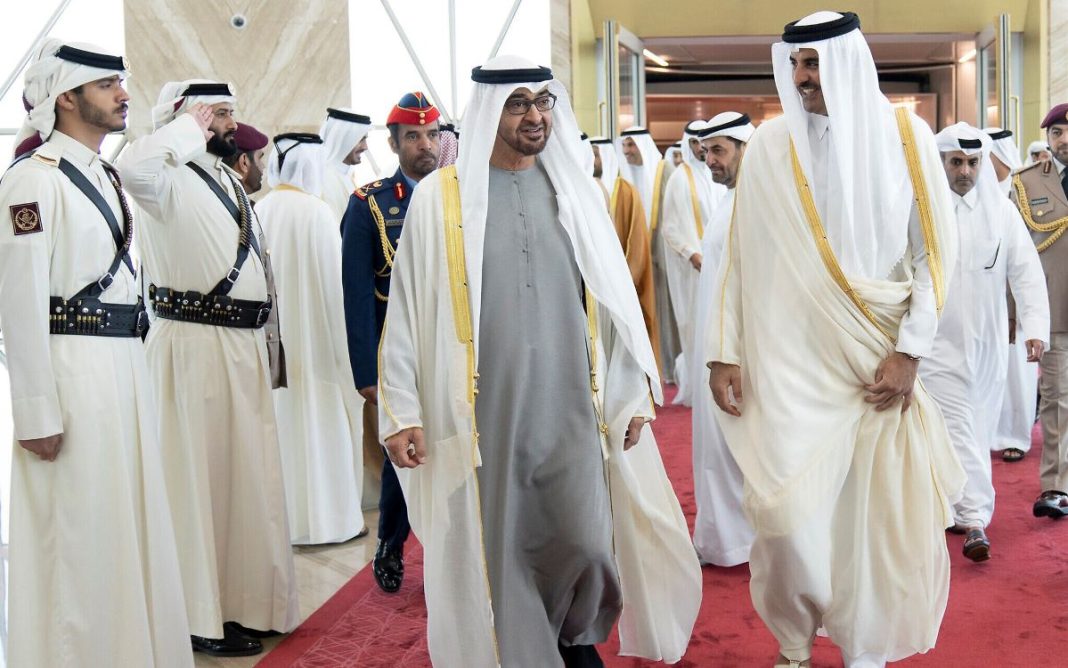The UAE Foreign Ministry said the move was done based on “the keenness of the two countries to strengthen bilateral relations” and the al-Ula Agreement, which was signed in Saudi Arabia in 2021 by the leaders of the Persian Gulf Cooperation Council to ease years of tensions.
Qatar, meanwhile, said its foreign minister and prime minister, Mohammed bin Abdulrahman Al Thani, spoke to his Emirati counterpart Sheikh Abdullah bin Zayed on Monday as the two states reopened their diplomatic missions. Qatar’s consulate in Dubai is also reopening.
In 2017, the UAE, Saudi Arabia, Egypt and Bahrain cut all ties with Qatar and enforced a stringent boycott following disagreements over foreign policy. The boycotting states accused Doha of sponsoring terrorism, a charge the Qataris denied.
In recent years, however, the Middle East has witnessed a wide regional reconciliation process, with Saudi Arabia and Egypt resuming relations with Qatar in 2021.
Turkish President Recep Tayyip Erdogan, who is a close ally of the Qatari government, similarly reconciled with the UAE and Saudi Arabia in recent years. Ankara been opposed to the UAE over several crises across the Middle East and North Africa, including in Libya, where the two sides backed different warring parties.
Meanwhile relations between Turkey and Saudi Arabia hit a nadir after journalist Jamal Khashoggi was killed by Saudi agents in Istanbul in 2018, an operation Ankara linked to the government of Crown Prince Mohammed bin Salman.
However, last year, Erdogan met the crown prince in the Saudi city of Jeddah, further easing tensions.
One accusation levelled at Qatar in 2017 by its Persian Gulf detractors was that Doha was too close to Iran. In April, Saudi Arabia and Iran signed a landmark agreement in Beijing, and have reopened embassies and consulates in their respective countries.
